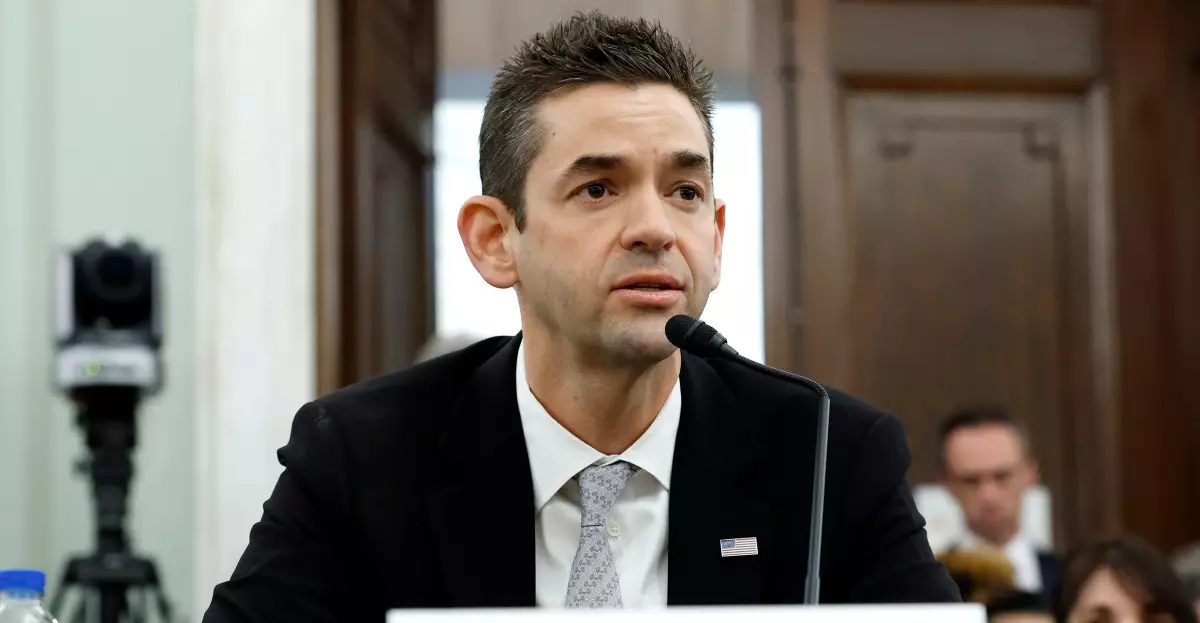Jared Isaacman’s ambitious nomination to helm NASA has recently taken a dramatic turn, revealing the entangled relationship between politics and space exploration. Originally celebrated for his billionaire status and pioneering spirit—with self-funded missions through SpaceX—Isaacman found his candidacy abruptly terminated. Reports suggest that political donations to Democratic figures, notably Arizona Senator Mark Kelly, were pivotal in this decision. This exposé underscores a chilling reality in American politics: previous affiliations can overshadow qualifications in the eyes of current leadership.
Shifting Allegiances and Space Politics
Isaacman’s alignment with Elon Musk—one of the most influential figures in modern space travel—initially positioned him as a formidable candidate. However, the Trump Administration’s swift revocation reveals a stark reality; loyalty to political ideologies supersedes the sometimes-unifying nature of scientific progress. Citing anonymous sources, reports indicate that Trump himself was perplexed by Isaacman’s past contributions, calling into question the role of partisanship in advancing NASA’s agenda. If one essential lesson emerges, it’s that the aerospace industry, often seen as a bipartisan frontier, is not immune to political divisions.
The Impact on NASA’s Future
The timing of this debacle is particularly unsettling, as the White House simultaneously announced a significant proposed budget cut for NASA—slashing the agency’s funding by nearly 25%. Critics, including The Planetary Society, have labeled this budget proposal as a “disaster” for NASA’s science programs, which have historically driven innovation and discovery. Without adequate funding and a clear operational leader, the agency appears to be veering into precarious waters. It’s almost as if the fallout from Isaacman’s nomination reflects a broader hesitance towards expansive scientific ambition propelled by politics, rather than collaborative governance.
A Call for Visionary Leadership
As we step into an era defined by unprecedented technological advancements, the selection of a new NASA Administrator must transcend typical political maneuvering. It is essential for the next leader to encapsulate not only a commitment to space exploration but a vision that embraces bipartisan support. The scientific community thrives on innovation, collaboration, and a forward-thinking mentality—qualities that can only flourish in a politically supportive environment.
The unfolding saga around Isaacman serves as a stark reminder of the fragility of progress within the spheres of science and government. With an impending shift in leadership, it is crucial to advocate for a NASA that promotes merit over political bias. The agency stands at a crossroads, where strategic decisions could either launch it into a new era of discovery or constrain it under the weight of political agendas. The choice now lies with decision-makers—will they prioritize scientific advancement, or will they continue to navigate the turbulent waters of partisan politics?

